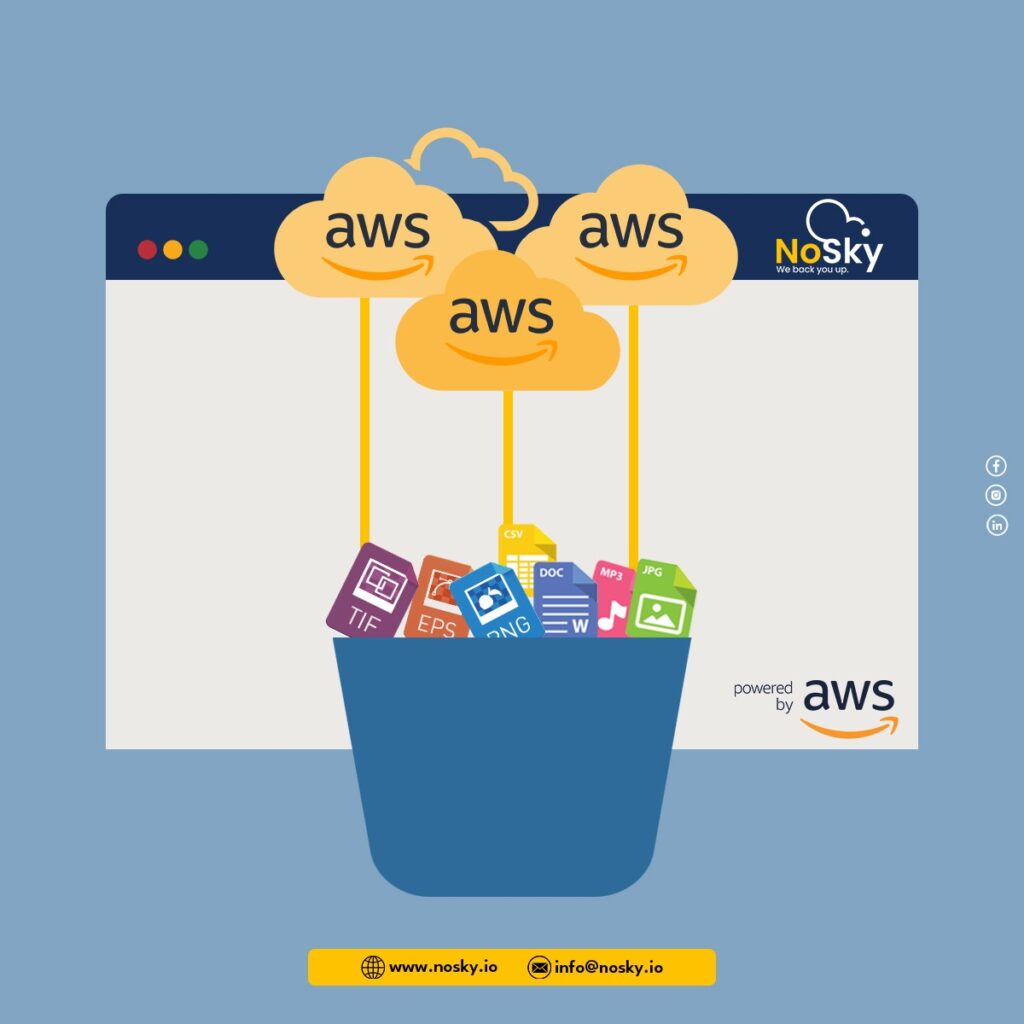- Yaman Mishra
- 0 Comments
- 2013 Views
In the cloud backup vs. local backup debate, Cloud backup has made it possible for organizations of any size to improve their data protection. At the same time, traditional local backup still has its place in the storage world.
The 3-2-1 rule of Backup advises organizations to have three copies of data on two different media, with one of the storage locations off site.
Cloud backup can play a helpful role in meeting those requirements, as the data is off site and counts as another storage medium beyond traditional disk-based hardware.

A comparison of cloud backup and local backup
Cloud-based workloads have seen a huge surge in popularity. Not only are established vendors adding more cloud capabilities, but new cloud storage and backup vendors are appearing. The simplicity and scale of cloud computing can provide a backup solution for organizations that need protection.
However, local backup providers are not sitting still. Disk speeds continue to get faster, and tape storage capacities are growing. In addition, if an organization has used local backup for a long time, it can be a burden to move to the cloud. IT and executives should ask several questions about such a move, including whether the move makes sense operationally and financially, and whether they should consider a partial migration and keep some local backup.
Why Choose cloud backup over Local backup
Overall, cloud backup provides an additional layer of protection without much of a burden on staff. Although cloud backup is a popular mode of data protection with many advantages.
- Low entry costs. Backing up to the cloud, especially in the beginning, is a cheap form of data protection. Although local backup storage devices could run in the thousands of dollars, the cost in money and time to set up a cloud backup account is minimal. Cloud backup is especially attractive to an organization that doesn’t have the funds or resources for a separate disaster recovery site.
- Wide-ranging accessibility. A cloud backup is accessible from any internet-connected device, which is especially handy when an organization’s primary site is down. Accessing a small amount of data is a quick process.
- Features. Cloud backup products offer a range of features to keep data safe.
- Easy management. Cloud backup management generally takes less time and effort than local data backup, depending on the organizations’ needs and requests. Organizations just need to make sure they are OK with leaving management of the storage hardware in the hands of a service provider.
- Simple disaster recovery. If there’s a failure or data loss event at a primary site, organizations can easily fail over to cloud-based disaster recovery as a service (Draas). This option provides disaster recovery to businesses that couldn’t previously afford it.
Why not to choose Local backup
- High initial cost. In comparing cloud backup vs. local backup, the expense of on-site hardware is generally far more than preparing for a cloud-based platform. Disks are expensive, so adding them can make a significant dent in the budget.
- Scalability difficulties. With local backup, the process of adding space is more labor-intensive because the organization needs to acquire the additional storage and install it. Physically storing more data backups is more of a burden than just adding storage space in the cloud.
- High maintenance. Local backup requires dedicated staff to maintain and manage it. When an organization uses cloud computing, IT staff is freed up to focus on other important tasks besides backup maintenance.
- Cybersecurity issues. If a cyber attack hits the primary data center, an organization should use an off side backup — whether it be on tape or in the cloud — to make sure the restore is clean.
- Disaster recovery issues. If there’s a disaster at the primary site, a local backup will not be helpful. However, if your organization has moved tapes off-site, those backups are valuable for disaster recovery.
Conclusion
Cloud data protection solutions that combine the latest advancements in disk-based backup with secure, integrated, cloud technologies offer organisations fast and assured recovery of their critical enterprise data, while reducing costs and freeing the IT staff to focus on more mission-critical projects. Cloud Backup also reduce the burden of tape management and backup operations, by automatically storing the data safely offsite to protect for disaster-recovery purposes.